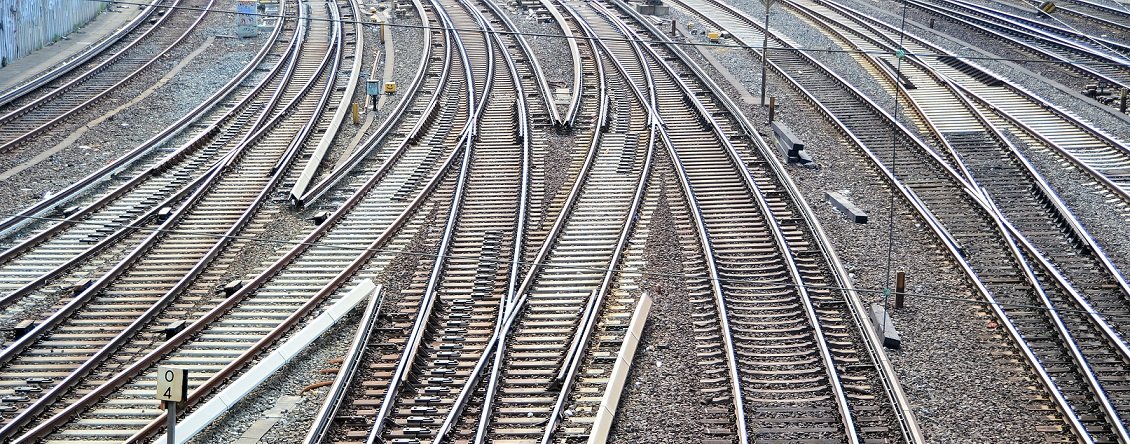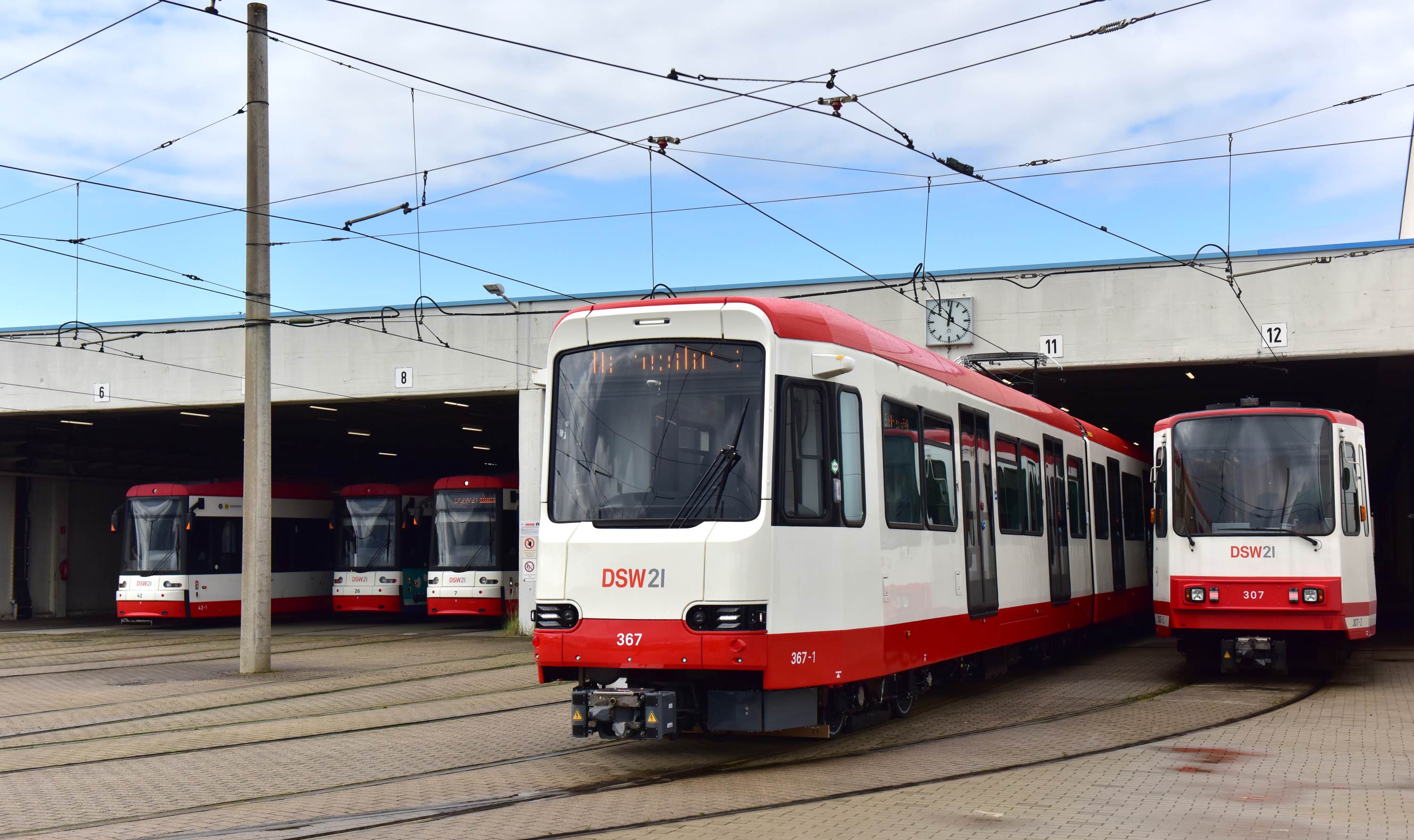
Switches, relays and light bulbs - all energised
Status: 10.07.24
There's a lot going on on the DSW21 light rail tracks. Our trams travel 75 kilometres through Dortmund, calling at 125 stops along the way. A number of points on the route network direct the trams in the right directions, and a whole host of signalling systems give our colleagues at the wheel of the light rail vehicles the green light - or not.
But who makes sure that everything runs smoothly?
At least for everything that has to do with electronics along the track in the light rail sector, it's the "Signalling Technology" department. Here, a whole team works tirelessly to keep the technology fit and to find solutions as quickly as possible in the event of faults so that operations can continue.
Sounds like a lot of work. And it is. Regular maintenance has to be carried out across the entire railway network to ensure safe operation and prevent malfunctions in advance wherever possible. The workplace is anything but boring. Our colleagues have to go where the motto "strictly no trespassing" actually applies. For example, they work directly on the track bed, in the open air or in our tunnels. Usually during the day, when our railways are in full operation. Of course, safety is a top priority. Nevertheless, it is a bit more exciting than a workshop job and not the right thing for everyone.

But the job doesn't just offer routine work with a little bit of adventure. The team is also responsible for the technology in our signal box. The signal box controls all the points and signals and ensures that trains take exactly the route they are supposed to take. And they do this without getting in each other's way. This only works with a huge technical effort. Thousands of relays are in constant use in our signal box, each one switching tirelessly day in, day out. Sometimes something breaks. In the worst case scenario, this means troubleshooting. Given the huge number of possible causes, this is quite a challenge. And as the work here is also carried out during ongoing operations, it's a hugely responsible task. One wrongly set switch at work and suddenly a light rail vehicle is travelling somewhere completely different than it should be.
In order for the signal box to know which light rail vehicle is travelling where, there are a large number of sensors and devices on the tracks and the light rail vehicles themselves - the colleagues are of course also responsible for this. They are also deployed where new tracks are being laid and ensure that the technology runs smoothly from the outset. It definitely doesn't get boring in the "Signalling Technology" team any time soon.
With so many tasks and so much responsibility for themselves and for light rail transport, you naturally need people who know what they are doing. Ideally, you should have completed training as an electronics technician for industrial engineering. But comparable training is also sufficient. Electronics should have played a role. Whether you are a career starter or have experience is irrelevant to us. You learn the actual work with us and in your day-to-day work anyway. Because before new colleagues can take on all tasks, they are first familiarised step by step by experienced colleagues for three to four years and receive various training courses. And they also have to take one or two exams along the way. But the end result is a future-proof, varied job with a lot of responsibility and independent work - but also with a strong team.
Maybe this is the right job for you? We are currently looking for reinforcement.

